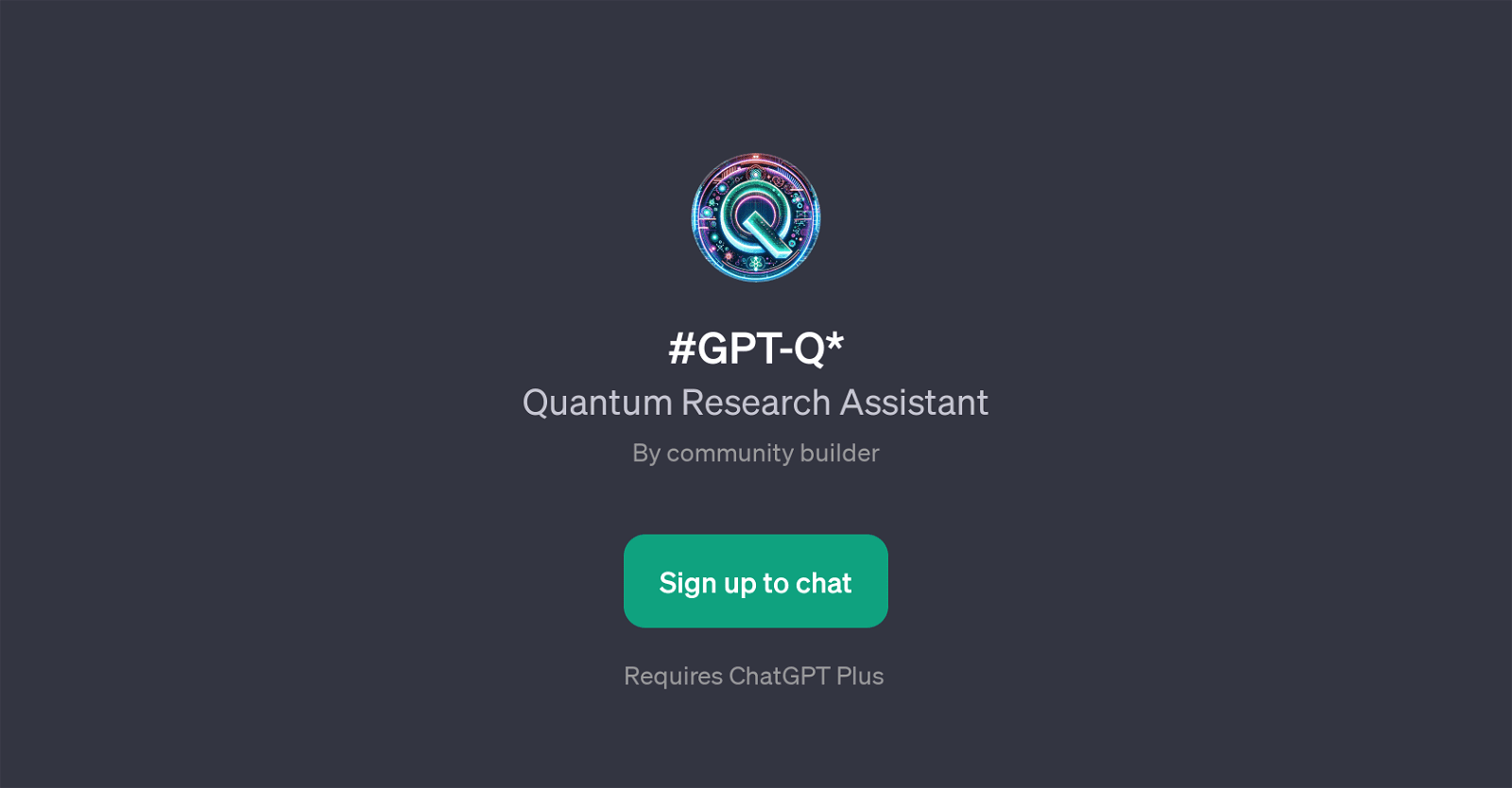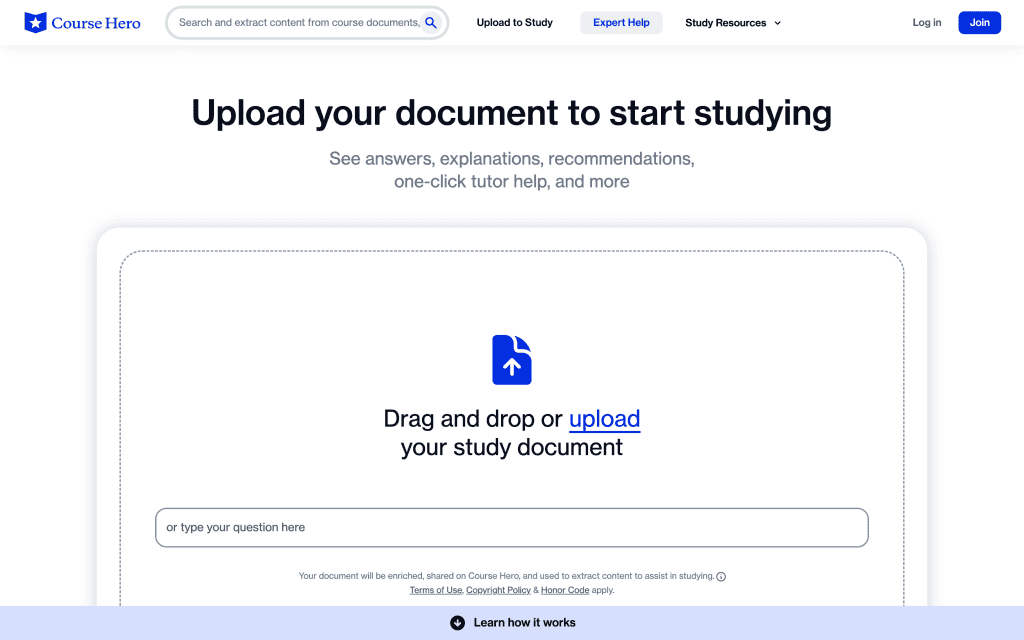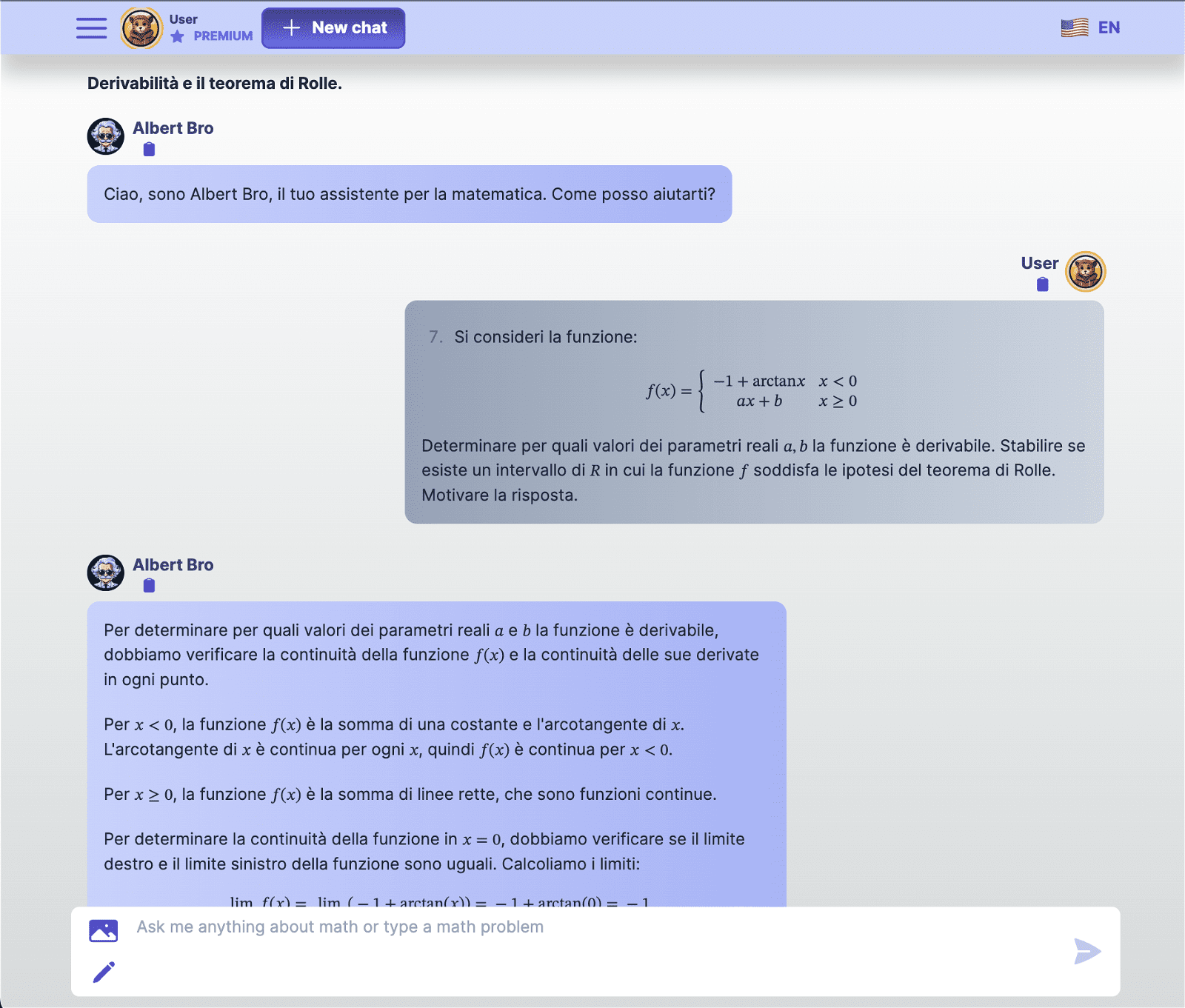GPT-Q serves as an AI tool developed specifically as a Quantum Research Assistant. Operating atop OpenAI’s ChatGPT technology, it is tailored to support users in navigating quantum-related research problems.
This tool adeptly responds to a diverse array of complex quantum inquiries, aiming to aid users interested in various quantum concepts and algorithms such as Cyclical Digital-Biological Existence, Quantum Neural Networks (QNN), and Deep Cell Isotropic Resonance (DCIR).
With its constructive interaction interface, GPT-Q welcomes users with the prompt, ‘How can I assist with your quantum research today?’. This user-friendly approach underscores the assistant’s readiness to help, whether users are seasoned experts in the quantum field or simply curious minds exploring quantum concepts.
It’s worth noting that to utilize GPT-Q, a subscription to ChatGPT Plus is required, indicating that access to GPT-Q is tied to the ChatGPT Plus service.
In essence, GPT-Q functions as a virtual Quantum Research Assistant, aimed at elucidating complex quantum theories and algorithms for users. Despite the intricate subject matter, GPT-Q is designed to be accessible and user-friendly, making quantum theory more approachable to a broader audience.



